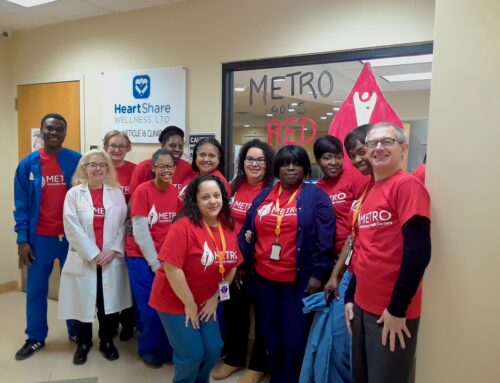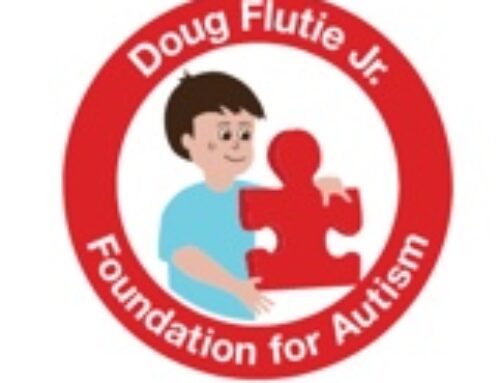Marco Damiani
CEO, Metro Community Health Centers
 Healthcare reform continues to swirl around us at both the New York State and National levels. Now, more than ever, we must continue to transform our systems of care to outpace the challenges that lie ahead and turn them into opportunities whenever possible. Children and adults with intellectual/developmental disabilities (IDD), and their families, need and deserve our commitment to enabling access to quality well-coordinated care from a provider community that understands their unique needs.
Healthcare reform continues to swirl around us at both the New York State and National levels. Now, more than ever, we must continue to transform our systems of care to outpace the challenges that lie ahead and turn them into opportunities whenever possible. Children and adults with intellectual/developmental disabilities (IDD), and their families, need and deserve our commitment to enabling access to quality well-coordinated care from a provider community that understands their unique needs.
As one of the largest IDD –focused Federally-Qualified Health Center Networks in the nation, Metro Community Health Centers’ providers, staff and management team are driven to provide the best possible care to patients of ALL abilities. I think it is important to briefly outline some key considerations as we look to collaborate with like-minded long-term care and other healthcare providers. An excellent paper Barriers to health care for adolescents and adults with IDD: Recommendations: Stakeholders identified some models of care that could enhance health care access and outcomes for people with IDD… here have been meaningful pockets of progress in efforts to develop high-impact integrated healthcare models for individuals with IDD. That said, we need to do much more. As a Level III Patient-Centered Medical Home recognized by the National Committee on Quality Assurance, and as a lead partner in a NY State-wide Accountable Care Organization, we at Metro Community Health Centers strive every day to improve and expand our systems of care. We also aim to identify and cultivate relationships with individuals and organizations that share our vision and our commitment. Are you one of them? Thomas Edison said ‘”To have a great idea, have a lot of them.” Let’s do some great things together. [1] A Blind Spot in the System: Health Care for People with Developmental Disabilities Findings from Stakeholder Interviews, September 2008.
T





